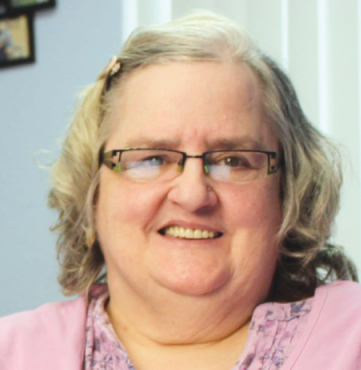Hatred stirs up conflict,
but love covers over all wrongs.
Proverbs 10:12, NIV
By Darlene Franklin
Life inside the nursing home gives me multiple opportunities for conflict. It often leaves me spouting like someone arrested by the cops, babbling incoherently, feeling anxious, afraid, and helpless.
There are biblical principles I can apply, but they require practice in real time. I struggle to find the “correct” response when my inner child screams for fairness and justice. The needs are real, but ranting and pouting only push any possible resolution further away. I suspect many church conflicts stir up similar unreasoned responses. And a four-day Christmas holiday weekend with short-handed, inexperienced staff provided a perfect storm. And praise God, I had a victory.
I’ve been working with a therapist, learning kills on how to redirect my thoughts, out of a genuine desire to please God, to be people-oriented and not a shrew. I am making progress.
Also, instead of expecting the world to change for me, I’ve applied the serenity prayer. God gives me wisdom to accept what I cannot change, courage to change the things I can and the wisdom to know the difference.
Here are examples of those principles at work:
* Empathizing with the staff instead of attacking them. One day my med aide brought my 8 o’clock medicines at 11 a.m. I started to complain. She told me a family member had gone to jail, and she hadn’t slept for twenty-four hours. I let go of my criticism and instead offered my support and prayed for her.
* Thanking instead of criticizing. One evening my aide promised to put me to bed after supper. I meant when I finished supper. She meant when she finished supper for everyone on the hall, which is an hour later. Instead of complaining, I thanked her for putting me to bed before anyone else. As a result, we have a better relationship. She listens to my concerns and address them when she can.
* Looking for the good. As I go about my day, I look for things that each aide does well, such as fixing my bed or finding my clothes in the closet. It opens my mind to what’s right instead of the things I wish they would do better. I also thank them when they do as I ask without frowning or complaining.
* Accepting what I can’t change Over Christmas, I was only given half the continence supplies (kept under lock and key) I needed for the four-day weekend. I asked for more on Friday and again on Saturday (Christmas Eve). When that didn’t happen, I accepted it in peace. I had done what I could. If the aides’ lack of proactive problem solving created issues later, they would be the ones dealing with the consequences.
I also can’t change the schedules here, which at times create problems for my unique needs. I look for ways to work around their schedules, instead of expecting them to change.
* Doing what I can. Most of the conflicts over that weekends were relatively unimportant, nothing to complain to management about. One was a major issue: my call light went unanswered for six hours When I couldn’t get the shift nurse to listen, I followed through with the Director of Nursing the following week. Because I was able to say, the rest of weekend went reasonably well, she was open to my complaint.
* Wisdom to know the difference. Where is the line between my needing help now and aid coming an hour later? How can I schedule phone calls with people outside when I have no control over the timing inside the nursing home? How do I decide when to fight for something, and when to let it go? It’s not always easy, but with God’s help, I’m learning how. I had ordered glasses in November. In December, the social worker told me I couldn’t get glasses because I had received a new pair back in July. I told I hadn’t. After the new year I was going to ask for the prescription to get a pair on my own. I’m glad I waited-she brought me the new lenses a few days before Christmas.
With practice, and by God’s grace, we can learn how to avoid conflict before it escalates.














